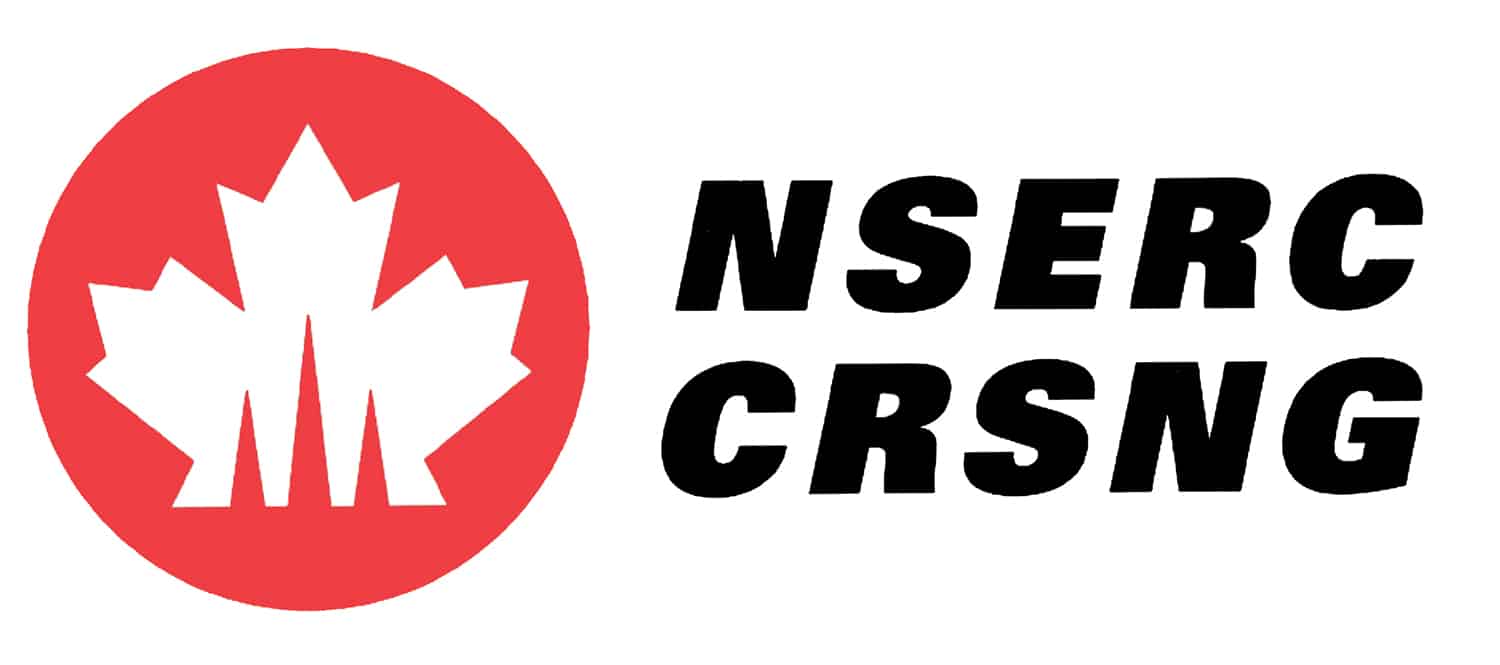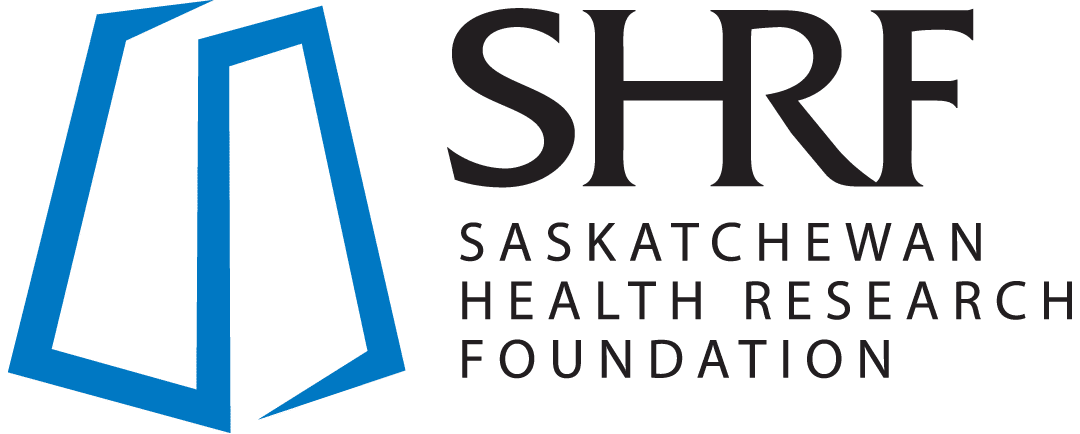If interested in joining the lab, please send Dr. Wenzel an e-mail using the contact form here.
Please note that our laboratory spaces commonly fill up 12 months in advance, and the contact page has up-to-date recruitment information.
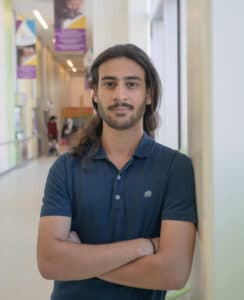
Kasra Khunjush
Graduate student
Hobbies: Tennis, Football (a.k.a. Soccer), Stand-Up Comedy, Movies, and Cooking
Research Question: What roles do microglia play in neurometabolic diseases?
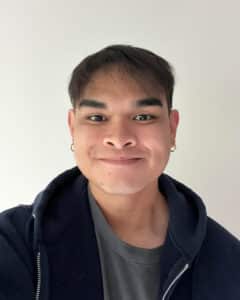
Miku Tibule
Undergraduate research student
Hobbies: Cooking, Dance, Judo, Traveling
Research Question: Does knocking out ABCD1 in brain organoids alter their physiology?
Publications
Kasra Khunjush
Graduate student
Hobbies: Tennis, Football (a.k.a. Soccer), Stand-Up Comedy, Movies, and Cooking
Research Question: What roles do microglia play in neurometabolic diseases?
Miku Tibule
Undergraduate research student
Hobbies: Cooking, Dance, Judo, Traveling
Research Question: Does knocking out ABCD1 in brain organoids alter their physiology?
Publications
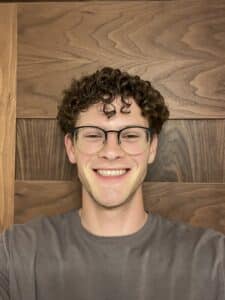
Ethan Adams
Honor’s student
Research Question: What are ideal methods for extracting select lipids from tissues for mass spectrometry?
Ngoc Minh Tuyen Nguyen (Tuyen)
Honor’s student
Hobbies: Reading, Meditation, Music
Research Question: What is the role of OXTR in astrocyte-mediated signaling?
Ethan Adams
Honor’s student
Research Question: What are ideal methods for extracting select lipids from tissues for mass spectrometry?
Ngoc Minh Tuyen Nguyen (Tuyen)
Honor’s student
Hobbies: Reading, Meditation, Music
Research Question: What is the role of OXTR in astrocyte-mediated signaling?
Dr. Wenzel (Ph.D., B.Ed.) is an Assistant Professor, licensed Canadian schoolteacher, and healthcare advocate.
Before research, Dr. Wenzel was head of a special education department in British Columbia. In this role, Dr. Wenzel taught high school students with a diverse array of learning barriers, and created accessible lesson plans that encouraged school attendance and engagement. After school, Dr. Wenzel was a concert sound technician, mixing and recording concerts for musicians, including Juno-award winning artists. Life events led Dr. Wenzel to move 400 km away from their hometown for a doctoral program at the University of British Columbia. Dr. Wenzel was awarded their doctoral degree in 2020, at the beginning of the COVID-19 pandemic. Before lock downs were in place, Dr. Wenzel was offered a postdoctoral fellowship at the University of Saskatchewan to start the first stem cell laboratory at the institution, and this laboratory is currently where Dr. Wenzel and team conduct their research. When asked what made Dr. Wenzel chose this career, they often respond “serendipity” because they ended their undergraduate studies claiming they would never write a thesis because “writing over a hundred pages seemed boring”.
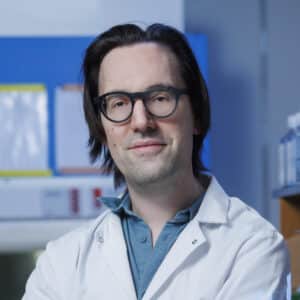
BlueSky | Instagram | LinkedIn | X | Publications
Hobbies: Downhill skiing, yoga, cooking, cat dad-ing,
Disclaimer: For long downhill skiing runs, you have to visit BC or Alberta
Lab Alumni
- Ketan Mann (Undergraduate Research Assistant), 2025
- Rich Kimberly Santiago (Saskatchewan Polytechnic Research Technician Student), 2025
International Society of Neurochemistry
Dr. Wenzel was asked to provide insight on the importance of reviews, and how to write them!
This Year’s News
- October 17, 2025: Dr. Wenzel is invited to the International Society of Neurochemistry (ISN) Schools Committee to help facilitate the learning of the global neurochemistry community.
- September 29, 2025: Kasra is offered an generous scholarship from the College of Graduate & Postdoctoral Studies for his studies. Congrats Kasra!
- September 10, 2025: Dr. Wenzel is invited to the Editorial Board of Scientific Reports, and is leading the publication of a collection on ‘Glia in Neurological Disorders’
- September 2, 2025: Miku Tibule joins the lab and takes on a Fall research project on X-linked adrenoleukodystrophy and gene editing, Kasra starts his graduate program with us investigating the role of macrophages in the pathogenesis and treatment of this disease, Ethan begins his Honor’s project to validate an LC-MS method to measure the hallmark features of this leukodystrophy, and Tuyen starts generating OXTR-deficient cell lines as part of their Honor’s project!
- August 20, 2025: Dr. Wenzel gives a short talk on the importance of writing to young researchers in neurochemistry at ISN-ASN 2025 in New York. Thanks for inviting us, ISN!
- July 1, 2025: Dr. Wenzel publishes an article on new neurochemistry tools in the Journal of Neurochemistry with 30 other researchers from around the world!
- June 19, 2025: Big congratulations to the lab! All our hardwork paid off, and we were ranked the #1 new biomedical research program in Saskatchewan! We thank Dr. Michael Kelly and Dr. Jane Alcorn for the support; we could not have done it without you!
- May 14, 2025: Ketan Mann joins the lab to get some laboratory experience for a couple months! Welcome!
- May 6, 2025: Kasra Khunjush joins the lab. Welcome aboard Kasra!
- May 5, 2025: The laboratory welcomes Rich Santiago-Cabural, a SaskPoly Technic practicum student, to train in the lab! Rich will be working alongside Dr. Wenzel to finish establishing our histology standard operating procedures with our “new” instruments.
- May 4, 2025: Ethan Adams is awarded a Stem Cell Network summer studentship, and starts working in the lab! Welcome Ethan!
- May 1, 2025: Wenzel lab officially opens with over $600,000 in external funding! Exciting to start working towards improving the health of children and adolescents!
- April 1, 2025: Fernanda Mascarenhas was awarded the 2025 Misiweskamik International Postdoctoral Fellowship, and will be flying from Brazil to begin working with Dr. Ana Paula Mendes-Silva and Dr. Wenzel in November 2025! Can’t wait to have you in the department, Fernanda!
- March 13, 2025: Dr. Wenzel was invited to be apart of the Stem Cell Network’s Early Career Researcher Committee, and looks forward to continuing to create cool learning opportunities to bolster the Canadian regenerative medicine community.
* = supervised trainee, ^ = corresponding author
a. Articles published or accepted in peer-reviewed journals
-
- Abbondanza A, Kim N, Lima-Filho RAS, Amin A, Anversa RG, Almeida FB, Cardozo PL, Carello-Collar G, Carsana EV, Folarin R, Guerreiro S, Ijomone OK, Lawal SK, Matias I, Mbagwu SI, Niño SA, Olabiyi BF, Olatunji SY, Olasehinde TA, Ruankham W, Sanchez WN, Soares-Cunha C, Soto PA, Soto-Verdugo J, Strogulski NR, Tomaszewska W, Vieira C, Chaves-Filho A, Cousin MA, Rinken A, Wenzel TJ^. (2025). Dissection of neurochemical pathways across complexity and scale. J Neurochem.169, e70160. https://doi.org/10.1111/jnc.70160
- Wenzel TJ^, Desjarlais JD*, Mousseau DD. (2024). Human brain organoids containing microglia that have arisen innately adapt to a β-amyloid challenge better than those in which microglia are integrated by co-culture. Stem Cell Res. 15, 258. https://doi.org/10.1186/s13287-024-03876-0
- Wenzel TJ^, Mousseau DD. (2024). Brain organoids engineered to give rise to glia and neural networks after 90 days in culture exhibit human-specific proteoforms. Front. Mol. Neurosci. 18, 1383688. https://www.doi.org/10.3389/fncel.2024.1383688
- Wenzel TJ^, Le J*, He J, Alcorn J, Mousseau DD. (2023). Incorporating a greater diversity of cell types, including microglia, in brain organoid cultures improves clinical translation. J. Neurochem. 164, 560–82. https://doi.org/10.1111/jnc.15741
b. Chapters in books
-
- Wenzel TJ^, Mousseau DD. (2025). Chapter 19: Maximizing the utility of brain organoid models and overcoming their perceived limitations. Handbook of Neural Engineering: A Modern Approach. Elsevier. ISBN: . Invited by editor Dr. Stephanie Willerth (University of Victoria).
c. Conference publications
-
- Wenzel TJ^, Desjarlais JD*, Mousseau DD. (2023). Microglia in brain organoids exhibit different immune responses if developed innately versus microglia integrated by co-culture. J Neurochem, 166: 21-27. https://doi.org/10.1111/jnc.15895
- Wenzel TJ^, Le J*, Heistad R, Alcorn J, Mousseau DD. (2022). Microglia derived from stem cells exhibit a more homeostatic and adult-like phenotype in brain organoids than in a monoculture. J. Neurochem. 162: 111-65 (international conference proceedings). https://doi.org/10.1111/jnc.15675
We believe that people from diverse backgrounds (race, ethnicity, nationality, gender identity, different physical abilities) with diverse perspectives and insights are integral to making breakthroughs in science.
We understand that not everyone works the same way, so we are flexible with location and time of research.
All students will have equitable opportunity for professional development activities. As part of this value, we will consider personnel without prior relevant experience.
All personnel should be able to work in supportive and inclusive environment that is free from harassment and discrimination, and we pledge to uphold our work environment to this standard.
Training is core to our laboratory, and thus all personnel will have 1-on-1 support and clear learning objectives.
We understand improving equity, diversity, inclusion and teaching practices require constant review, so we always seek feedback to improve our environment.
